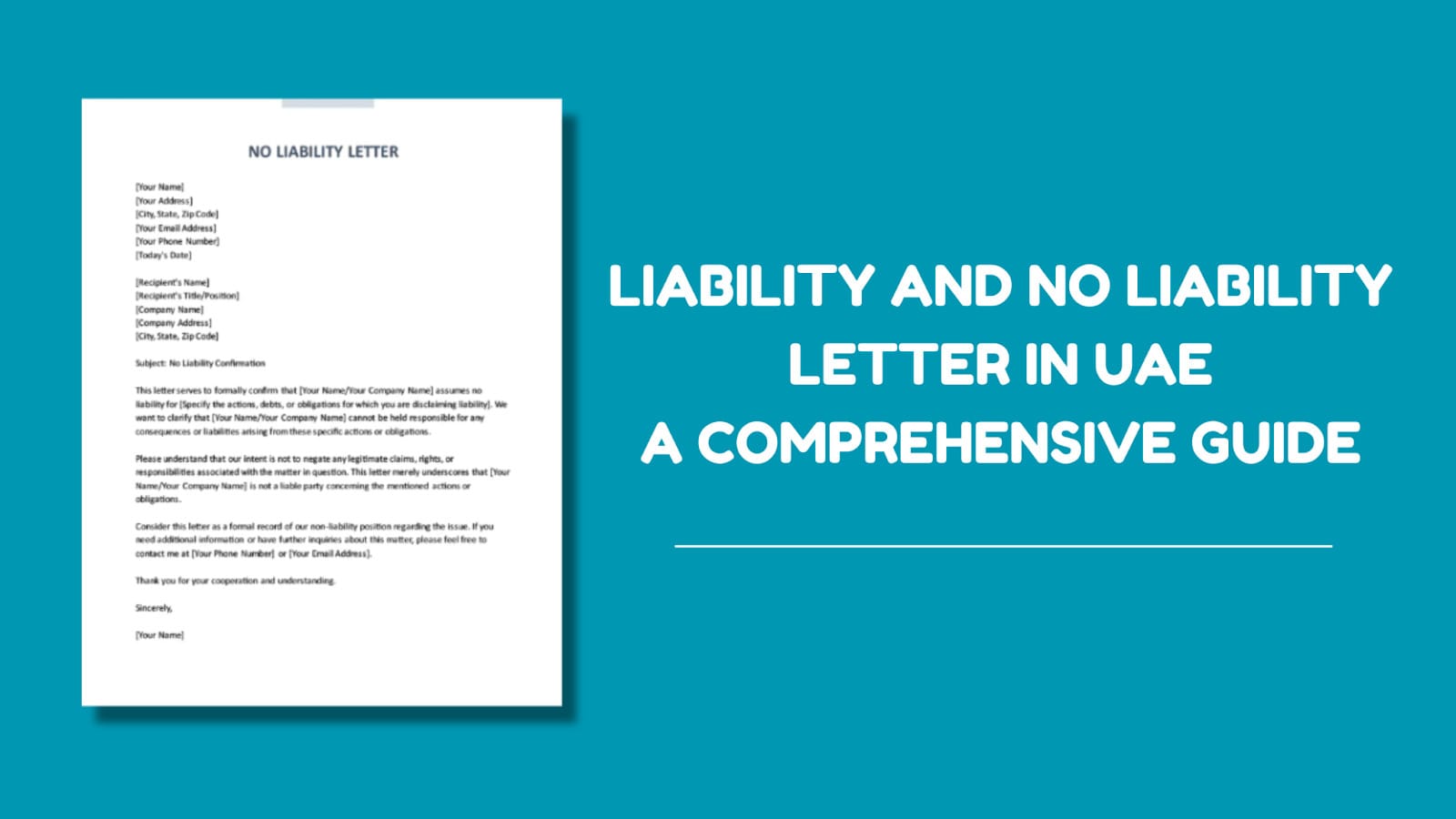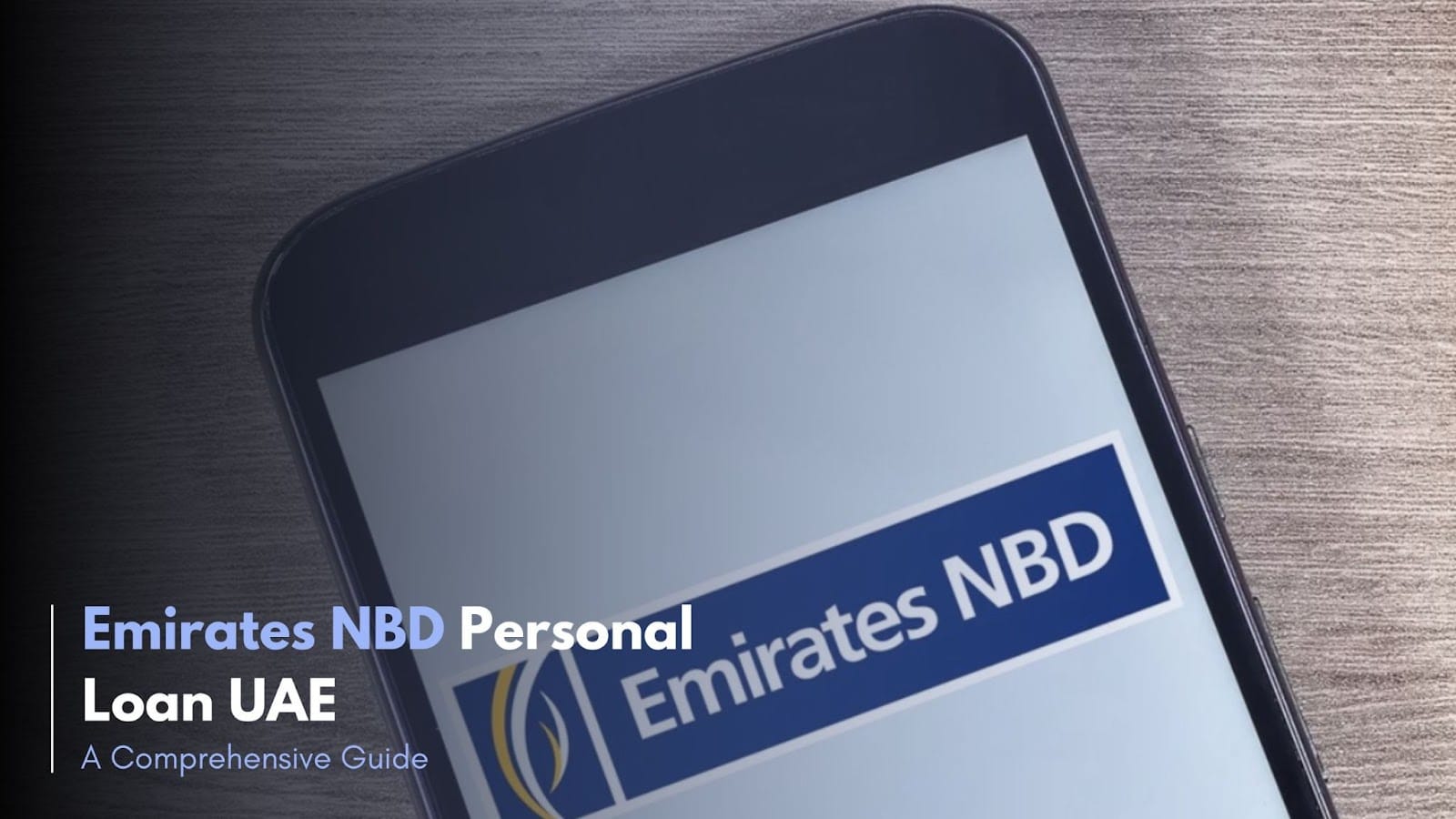Imagine you’re about to close an important business deal or apply for a big loan in the UAE. You feel confident, but the bank asks for a liability letter. Or maybe you’re selling your property, and the buyer wants a no liability letter. What should you do? Knowing these key documents can make the difference between a smooth transaction and a financial mess.
What is a Liability Letter in UAE?
A liability letter is a document that shows one party’s responsibility for certain obligations or debts. This letter is often needed in different situations, such as:
- Loan Applications: When applying for a loan, a liability letter may be required to show the borrower’s current financial obligations.
- Business Transactions: Companies might need liability letters to outline each party’s responsibilities in a business deal.
- Employment: Employers may request a liability letter to clarify an employee’s financial responsibilities.
Key Components of a Liability Letter
- Parties Involved: Clearly state the names and details of the parties involved.
- Obligations: Outline the specific obligations or debts being acknowledged.
- Terms and Conditions: Mention any terms and conditions related to the liability.
- Signatures: Ensure the letter is signed by all relevant parties to make it legally binding.
What is a No Liability Letter in UAE?
A no liability letter is a document that states one party is not responsible for certain obligations or debts. This letter is often used to:
- Clear Debts: Confirm that a debt has been paid off and no further liabilities exist.
- Transfer Ownership: In property or business transfers, a no liability letter can confirm that the new owner is not responsible for the previous owner’s liabilities.
- Employment Termination: When an employee leaves a company, a no liability letter can confirm that the employee has no outstanding financial obligations.
Key Components of a No Liability Letter in UAE:
- Parties Involved: Clearly state the names and details of the parties involved.
- Declaration of No Liability: States that no remaining obligations or debts exist.
- Terms and Conditions: Mention any terms and conditions related to the declaration.
- Signatures: Ensure the letter is signed by all relevant parties to make it legally binding.
Importance of Liability and No Liability Letter in UAE:
- Legal Protection: These letters clearly outline responsibilities, helping to protect everyone involved in case of disagreements.
- Clarity in Transactions: They ensure all parties know their obligations, reducing the chance of confusion.
- Financial Transparency: Liability letters offer lenders and creditors a clear view of a borrower’s financial situation.
How to Get a Liability or No Liability Letter in UAE?
Here’s a step-by-step guide on how you can get a liability and no liability letter in UAE:
- Identify the Need: Determine the specific situation that requires a liability or no liability letter.
- Draft the Letter: Use a template or get legal help to draft the letter, making sure all key components are included.
- Include Details: Clearly outline the obligations or declaration of no liability, parties involved, and terms and conditions.
- Review and Sign: Have all relevant parties review the letter and sign it to make it legally binding.
- Notarize (if required): In some cases, you might need to have the letter notarised for additional legal standing.
Final Takeaway:
Liability and no liability letter in UAE are important documents that ensure clarity and legal protection in various transactions. Whether you’re handling loans, business deals, or employment matters, knowing about these letters can help you manage your obligations and rights effectively. Always consult a legal professional to ensure these documents are properly drafted and enforceable.







